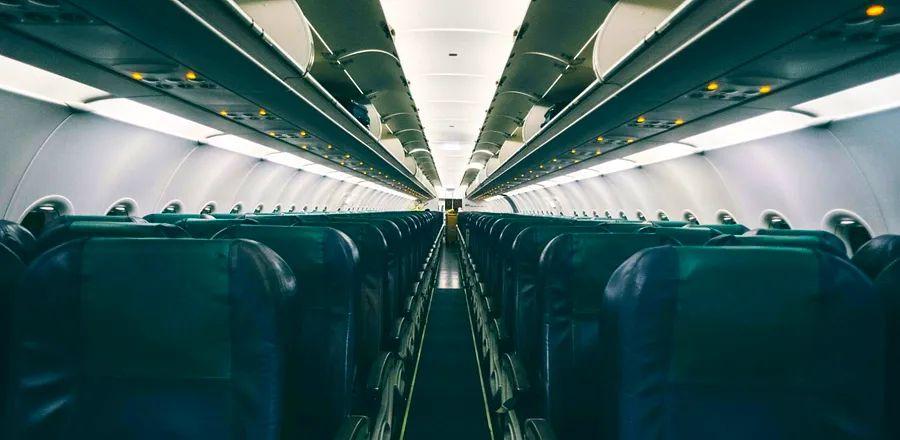New Air Travel Regulations Include Seat Sizes, Fast Refunds, and Flight Safety Measures

Airport delays, ticket refunds, the dimensions of your airline seat, and those frustrating fees for seat selection were among the key issues recently tackled by lawmakers in a significant FAA reauthorization bill for the next five years.
The passage of this measure, which faced nearly a year of delays due to political disputes, was celebrated by supporters as a consumer victory. Senator Tammy Duckworth (D-Illinois) remarked that it represents “the most substantial effort by Congress in over a decade to enhance safety, accessibility, and convenience for passengers with disabilities.”
Following President Biden's signing of the bill into law, more insights into the extensive 1,000-page document have come to light. While there is positive news for travelers, not all the changes advocated by consumer groups made it into the final legislation.
“While consumers didn’t get everything on our wish list, we’ve achieved some unprecedented advancements [enacted into law],” noted William McGee, senior fellow for aviation and travel at the American Economic Liberties Project. He highlighted a provision mandating the U.S. Government Accountability Office to study the impact of consolidation on airline competition, stating, “Many of us have been advocating for these measures for 20 years.”
Here are some key points from the legislation that could significantly impact air travelers.
Automatic Refunds
The bill formalizes a recent U.S. Department of Transportation (DOT) regulation that mandates airlines to automatically provide refunds to passengers when flights are canceled or delayed by a significant amount of time—defined as three hours for domestic flights and six hours for international ones. This rule eliminates the need for travelers to request a refund, which can be time-consuming, although it doesn’t apply if passengers accept alternative transportation or travel credits. The requirement extends to tickets purchased through third-party sellers like online travel agencies (such as Expedia or Booking.com), with the American Society of Travel Agents seeking clarification from the DOT on how this might affect smaller agencies that would need to reclaim their payments from airlines.
Minimum Seat Size
Advocates have long pushed for a federal requirement establishing minimum standards for airline seating and legroom, contending that cramped seating and overcrowded flights could hinder evacuation during emergencies. The bill, however, directs the DOT to review seating and evacuation protocols and mandates the creation of a dashboard that allows consumers to compare seating options across airlines, similar to the dashboard the DOT developed for air traveler consumer rights.
Fee-Free Family Seating
Families no longer need to worry about being separated during flights, as airlines are now banned from charging for seat assignments for families traveling with children under 14 years old.
Airline Vouchers
Credits or vouchers given to passengers as compensation for future travel often expire within one to two years. The new law ensures that these vouchers will remain valid for a minimum of five years.
Customer Service
Airlines are required to provide their phone and chat support 24/7 at no cost, particularly during significant disruptions, and without long hold times.
Enhancing Accessibility for Disabled Travelers
Airlines and airports must improve accessibility measures; staff will be trained to manage motorized wheelchairs to minimize the risk of damage during transport, and disabled passengers will have the option to request specific seating. Furthermore, the FAA is tasked with establishing a program to enhance accessibility at commercial airports.
Enhancements to Safety
To aid air crash investigations, the legislation mandates that cockpit voice recorders should operate for up to 25 hours per flight, an increase from the current 2-hour limit. This change addresses issues where recorders are reset upon landing, which has complicated investigations into incidents like the Alaska air panel blowout. Additionally, runway safety will receive more funding for better warning systems.
Air Traffic Controller Staffing
Staffing shortages at critical air traffic control centers, a significant issue since the airline industry began recovering from the pandemic, have resulted in substantial delays in some of the busiest air travel markets, including New York City. Controller fatigue due to overtime work has also been highlighted as a factor in last year's increase in near-collisions and other airport incidents. The new legislation aims to increase the number of controllers and provides more funding for training facilities.
Evaluation :
5/5



